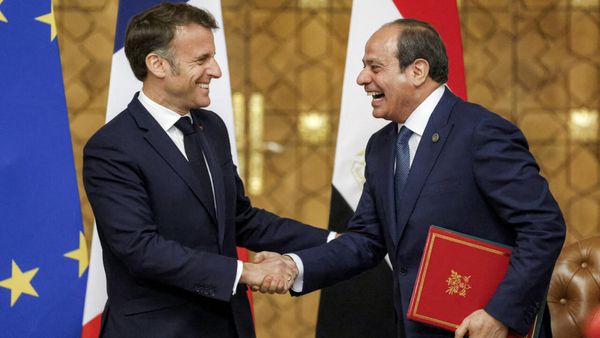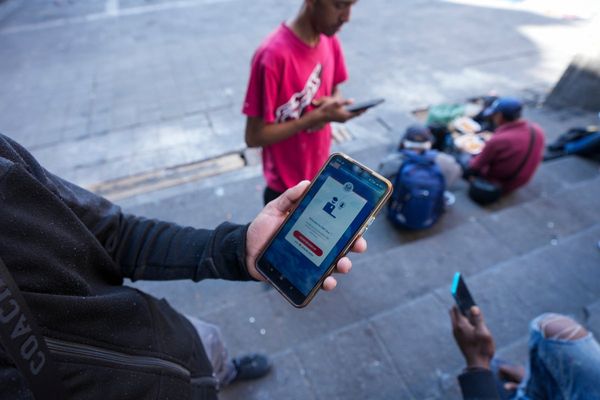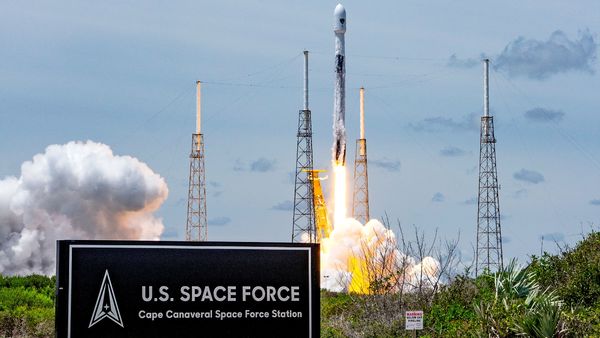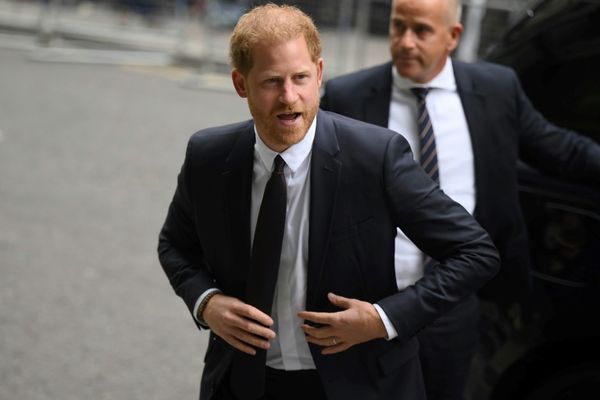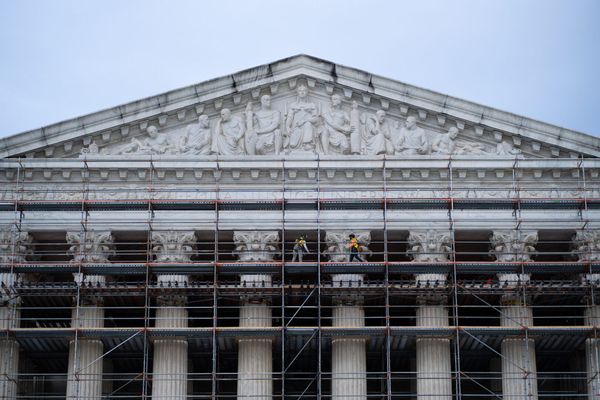Foreign Minister Simon Coveney fears war is inevitable as Russia stood poised to invade Ukraine on Sunday.
He said the prospect of an armed conflict is now “the expectation” with hopes fading for a diplomatic settlement.
Mr Coveney spoke as it was revealed Russian forces have painted a mysterious “Z” on their vehicles as they close in on Ukraine - raising suspicions it is an attack code. The symbol was spotted on tanks, self-propelled guns, fuel trucks and supply vehicles between six and 25 miles from the border.
Moscow’s troops on Ukraine’s eastern flank now number more than 130,000 – with tens of thousands more teamed up with Belarusian soldiers to the north.
Yesterday Belarus suddenly announced Russian troops would remain in the country for exercises that are supposed to have finished.
Around 30 Russian warships are gathered in the Black Sea, threatening Ukraine’s southern coastline, with at least 13 amphibious landing ships among them. Throughout the weekend pro-Russian separatists pounded civilian areas in the contested Donbas region with shells and mortar fire.
Mr Coveney said: “I have to say the mood is very pessimistic here. I think that the view of virtually everybody that I’ve met is that some form of invasion of Ukraine is now the expectation rather than a possibility.”
Speaking to Gavan Reilly on Newstalk’s On the Record, the minister said while talks are still continuing in the hope that a diplomatic settlement can be achieved, there is little evidence that they will be effective.
He added: “I think we have an obligation to continue to pursue diplomatic means to try to diffuse tension and I think we need to continue to call on Russia to take credible moves on the ground to de-escalate and to remove their military build-up but unfortunately the opposite is happening.
“I still think that there is potential for diplomatic intervention and for de-escalation but nobody really knows.
“All I would say is that – and I think it’s important that I am honest with the public on this – there is a real sense of foreboding, that things are moving in the wrong direction rather than the direction of de-escalation”.
Mr Coveney said any potential conflict would result in a dreadful loss of life and have a devastating impact on Europe.
He said: “Not only would this mean an extraordinary loss of life in Ukraine, for both Russian and Ukrainian citizens, but it would also fundamentally change relationships in Europe between east and west, and nobody wins in that scenario.”
Mr Coveney said a number of surrogate babies born in Ukraine are on their way to Ireland. He added the Irish embassy in Kyiv and the consular team in Dublin have worked “through the night” to ensure families who were involved in surrogacy over the last few days could get home safely.
The minister added: “Our team in the embassy in Kyiv and our consular team in Dublin have been literally been working through the night with families to try to ensure that the families who have been involved in surrogacy in the last few days can get home safely,” Coveney said.
“Just to reassure everybody, there are a number of families involved here and they’re all safe and a number of them are on their way home this afternoon, which is a good outcome.” For families expecting babies to be born in the coming days, Coveney said that the advice remains not to travel.
Irish Families Through Surrogacy later thanked the Department of Foreign Affairs and Government officials “for the intensive work they have done to ensure the safety of a number of Irish families who are in Ukraine with their newborn babies”.
The group added: “The news that the exit process home for these families has been expedited is extremely welcome and we wish the families a safe journey home to Ireland.”
Fine Gael Senator Mary Seery Kearney, whose own daughter was born by surrogacy, welcomed the news.
She added: “The families involved are safe and that a number of them are currently on their way home. I am extremely grateful for the extraordinary effort that has gone into facilitating this, while still ensuring we have a legally robust process.
Our thoughts are also with the families of those expecting a baby in the coming weeks. No less effort will be put in to ensure the speedy return home to Ireland with their precious little ones.”
Yesterday French President Emmanuel Macron called Russian leader Vladimir Putin about the situation in Ukraine.
The call, which lasted 105 minutes, came two weeks after Mr Macron went to Moscow to persuade Mr Putin to hold back from going to war.
Mr Macron’s office said the call represented “the last possible and necessary effort to avoid a major conflict in Ukraine”. After the conversation with Mr Putin, Mr Macron went on to talk with Ukrainian President Volodymyr Zelenskycon on the telephone.
